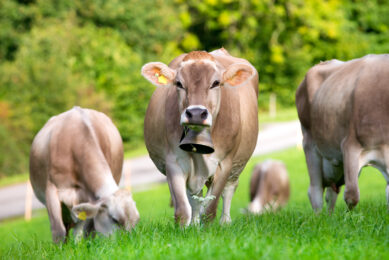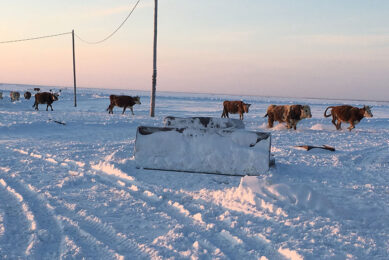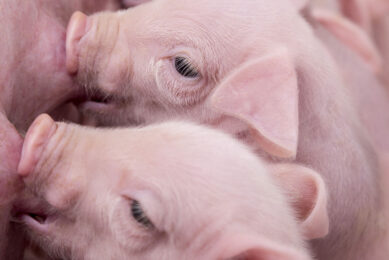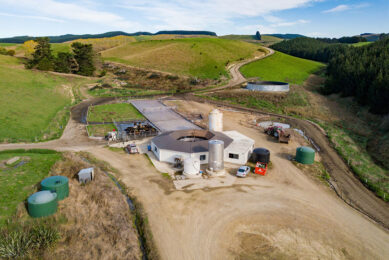Update: Mycoplasma bovis in New Zealand
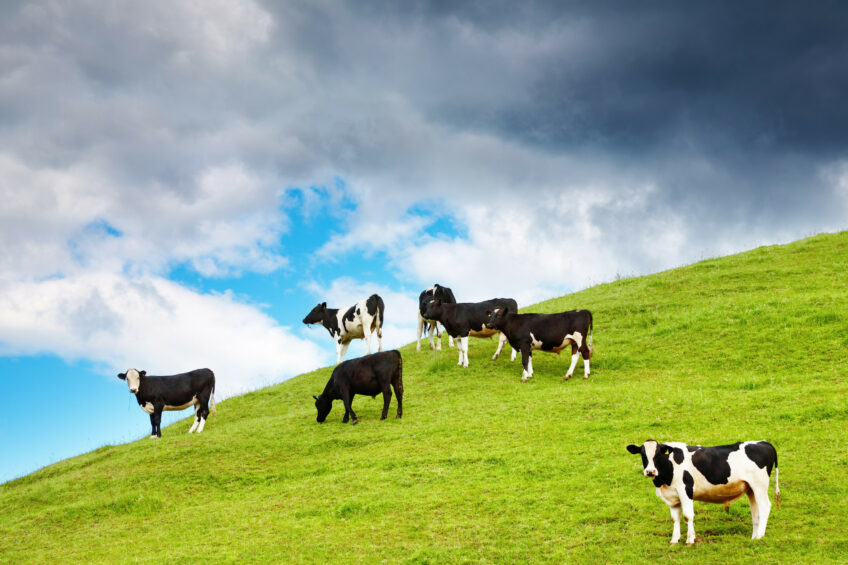
Currently there are 37 properties in New Zealand that are infected, of which 13 dairy farms, 22 beef farms and 2 other.
Most of the infected properties are located in the South Island (30).
Detected in Northland
The most recent property where the diseases was found is in Northland. The Northland is a forested, subtropical region on New Zealand’s North Island, framed by the Pacific Ocean and Tasman Sea. It’s the first time the disease has been found in this region. Since the disease was first detected on a farm on July 22, 2017, the government is carrying out ongoing, intensive tracking and tracing programme to detect Mycoplasma bovis.
Almost 43,000 cows culled
All active infected properties are under quarantine controls. These controls restrict the movement of stock and equipment on and off those farms to contain the disease. Active infected properties have yet to be depopulated, cleaned, and have their restrictions lifted.
The New Zealand Ministry for Primary Industries (MPI) says that until now, 42,498 animals have been culled and 201,527 tests have been completed.
Over 24 million in compensation
Compensation may be paid to people who have incurred a verifiable loss as a result of directions they are given by MPI under the Biosecurity Act to manage Mycoplasma bovis. Farmers that are directed to have animals culled, or their farm operations restricted under movement controls, may be eligible for compensation. So far, the government has received 380 claims from farmers, of which 152 claims have been completed (or with part payments). In total, NZ$ 24.3 million (approx. € 13.9 million) have been paid already to compensate farmers for the losses.
What is Mycoplasma bovis?
Mycoplasma bovis is a bacterium that can cause a range of serious conditions in cattle – including mastitis that doesn’t respond to treatment, pneumonia, arthritis, and late-term abortions. The disease may be dormant in an animal – causing no symptoms at all. But in times of stress (for example, calving, drying-off, transporting, or being exposed to extreme weather), the animal may shed bacteria in milk and nasal secretions. As a result, other animals may be infected and become ill or carriers themselves. This is the first time it has been found in New Zealand. The bacteria is an Unwanted Organism under the Biosecurity Act 1993. Mycoplasma bovis is not a food safety risk. It is a disease that affects animal welfare and production. It affects only cattle, including dairy cows and beef cattle. It is common in many food-producing nations where infected animals that aren’t showing symptoms are processed for human consumption.
Join 13,000+ subscribers
Subscribe to our newsletter to stay updated about all the need-to-know content in the dairy sector, two times a week.



